Chinese cult leader faces criminal prosecution
Updated: 2015-07-16 07:13
(Xinhua)
|
||||||||
Wu set up websites and opened social media accounts to lure followers, and swindled them out of a great deal of money.
"New comers usually gave Wu premium cigarettes, liquors and tea as presents. But he hinted that he preferred cash," said a follower surnamed Yuan.
Wu said his paintings had "holy power" of warding off misfortunes. He sold three pieces for 100,000 to 500,000 yuan (about 81,400 U.S. dollars) each to his followers.
Wu bought 11 wooden stamps worth about 3,000 yuan from an online shop, and sold them for 538,000 yuan as the stamps were "rare and blessed".
Wu asked his followers to raise millions of yuan and opened an "imperial restaurant" in Shenzhen City, Guangdong Province, where he propagated that the dishes, priced at 2,000 to 6,000 yuan, were cooked with secret cuisines and precious ingredients.
However, the food proved to be very ordinary and contained some banned herbs.
Police investigation showed that Wu amassed more than 6.9 million yuan in illegal profits.
"Huazang Zongmen" is not an officially registered organization, nor is Wu a registered monk, according to the investigations.
In 1991, Shi Suxi, former abbot of the renowned Shaolin Temple, publicly denied any links between the monastery and Wu, who claimed to be a disciple of a prestigious Shaolin monk.
The incumbent abbot Shi Yongxin also said "Shaolin has nothing to do with Wu." Most of Wu's writings turned out to be either plagiarisms or unlawful.
To whitewash his past, Wu said his imprisonment was "religious persecution", in order to seek overseas support.
Due to his followers' lobbying, 17 U.S. lawmakers jointly sent a message to the Chinese ambassador to the U.S., demanding an end to the so-called "persecution".
Wu called the police bust of his cult "a crackdown on charity", and asked his followers to formulate "A Response Plan to Emergency".
According to the plan, if Wu disappeared for more than 24 hours, followers are required to stage protests and publish the situation abroad to pressure the Chinese government.
Wu also hired a Beijing-based lawyer to lecture his followers how to cause the police trouble and hinder law enforcement.
Shi Mingsheng, vice president of the Buddhist Association of China, said "Huazang Zongmen" conforms to the Buddhism "by no means" and it is purely "a disguised cult".
- Cult members executed for McDonald's murder
- Two cult members executed in east China
- 6 cult members imprisoned in NW China
- Cult members imprisoned in NE China
- Cult members appeal murder sentences
- Cult members go on second trail over murder charge
- Cult crimes to be harshly punished
- Cult-busting 610 Office gets deputy leader
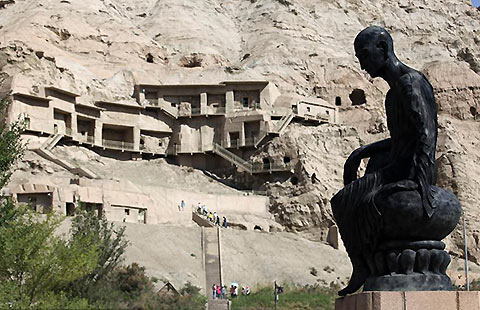
 22 World Heritage Sites in China along the Silk Road
22 World Heritage Sites in China along the Silk Road
 A day of masks
A day of masks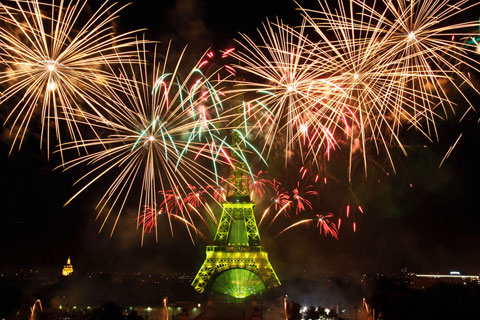
 France celebrates Bastille Day
France celebrates Bastille Day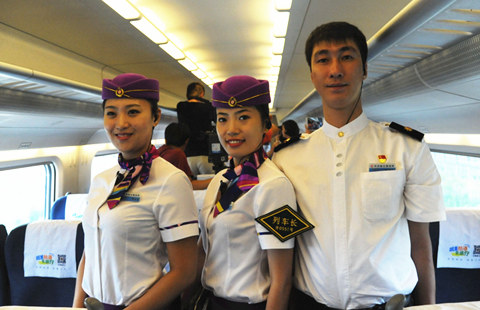
 China's northernmost high-speed railway enters trial operation
China's northernmost high-speed railway enters trial operation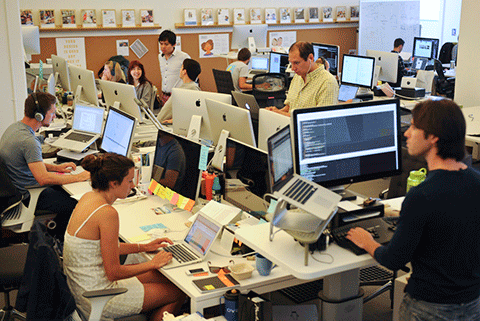
 Eight industries the shared economy will transform
Eight industries the shared economy will transform
 Photographer in search of his 'homeland' in post-Three Gorges landscape
Photographer in search of his 'homeland' in post-Three Gorges landscape
 Japanese war orphans visit graves of adoptive Chinese parents
Japanese war orphans visit graves of adoptive Chinese parents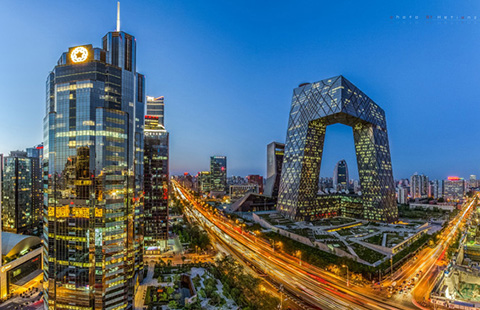
 Top 10 Chinese provinces with most stock market investors
Top 10 Chinese provinces with most stock market investors
Most Viewed
Editor's Picks

|

|

|

|

|

|
Today's Top News
China posts 7% GDP growth rate in Q2
35 million Chinese died during 14-year Japanese invasion
China 'constructive' on Iran nuclear deal: foreign minister
Three-day forum in Zhanjiang to launch 'online Silk Road'
Little Pluto bigger than scientists thought as flyby looms
Pentagon tones down on China threat
Hillary Clinton calls for higher wages for everyday Americans
Stock bargains seen in market by some
US Weekly

|

|







